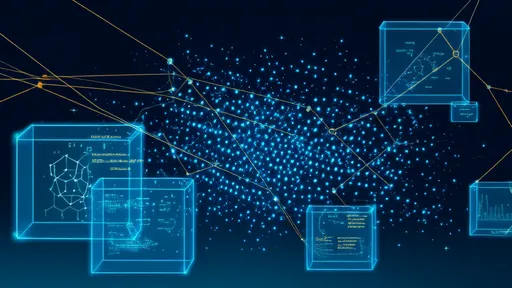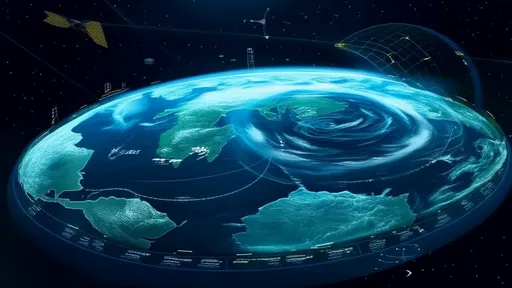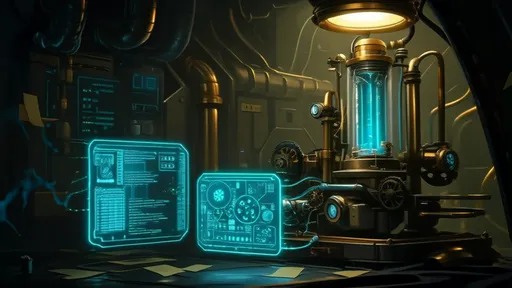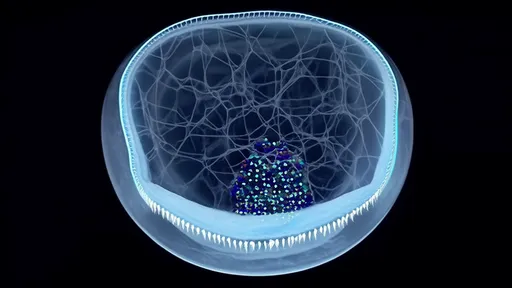The philosophy of science has long grappled with the concept of falsifiability as a demarcation criterion between scientific and non-scientific theories. Karl Popper’s insistence that a theory must be falsifiable to be considered scientific has faced renewed scrutiny in the context of complex systems theory. As researchers push the boundaries of what can be modeled and predicted, the very notion of falsifiability is being re-examined through the lens of emergent phenomena, nonlinear dynamics, and adaptive behaviors that defy traditional experimental validation.
Complex systems—ranging from climate models to economic networks—exhibit properties that challenge Popperian orthodoxy. Their sensitivity to initial conditions, coupled with the impossibility of exact replication, raises questions about whether falsifiability remains a practical or even meaningful standard. Critics argue that demanding falsifiability in these domains may stifle innovation, forcing researchers to abandon fruitful avenues of inquiry simply because they cannot be neatly disproven. Yet defenders counter that without some form of empirical accountability, complex systems theory risks devolving into speculative storytelling.
The tension becomes particularly acute when examining predictive models in fields like epidemiology or financial markets. These models often incorporate countless variables interacting in ways that generate unexpected outcomes. When predictions fail—as they frequently do—it’s rarely clear whether the underlying theory is flawed or whether the discrepancy stems from the system’s inherent unpredictability. This ambiguity creates a paradox: the very complexity that makes these systems interesting also makes them resistant to conventional falsification.
Proponents of complexity science propose alternative frameworks for validation, emphasizing robustness checks, scenario analysis, and qualitative coherence over binary falsification. They point to cases where traditional falsifiability would have prematurely dismissed valuable insights—for instance, early warnings about climate change that relied on imperfect but directionally accurate models. In this view, the utility of a theory lies not in its capacity to be definitively disproven, but in its ability to generate useful approximations and guide decision-making under uncertainty.
However, skeptics warn against lowering epistemic standards. They argue that without falsifiability, there’s no firewall against pseudoscience creeping into legitimate research. The history of science is littered with elegant theories that proved wrong; the ability to discard them through empirical testing remains science’s greatest strength. For complex systems, they suggest developing domain-specific criteria for rigor rather than abandoning falsifiability altogether.
Emerging hybrid approaches attempt to bridge this divide. Some methodologies now combine falsifiable micro-level assumptions with non-falsifiable macro-level patterns, creating layered validation strategies. Others advocate for "partial falsifiability," where specific components of a complex model remain testable even if the whole system resists definitive verification. These innovations reflect a growing recognition that scientific progress in the 21st century may require updating mid-20th century philosophical frameworks.
The debate extends beyond academic circles into policy and public understanding of science. When governments rely on complex models to shape pandemic responses or environmental regulations, the stakes of this philosophical dispute become concrete. Citizens and policymakers alike must navigate the tension between demanding scientific certainty and recognizing the limitations of our predictive capabilities in complex domains.
Ultimately, the discussion around falsifiability and complex systems reveals deeper questions about the nature of scientific knowledge in an increasingly interconnected world. As our theories grapple with ever-more sophisticated representations of reality, the tools we use to evaluate those theories must evolve accordingly. What emerges may not be a rejection of falsifiability, but rather an expanded toolkit for assessing truth claims—one that acknowledges both the power and the limits of Popper’s enduring insight.

By /Aug 14, 2025

By /Aug 14, 2025

By /Aug 14, 2025

By /Aug 14, 2025

By /Aug 14, 2025

By /Aug 14, 2025

By /Aug 14, 2025

By /Aug 14, 2025

By /Aug 14, 2025

By /Aug 14, 2025

By /Aug 14, 2025

By /Aug 14, 2025

By /Aug 14, 2025

By /Aug 14, 2025

By /Aug 14, 2025

By /Aug 14, 2025

By /Aug 14, 2025

By /Aug 14, 2025

By /Aug 14, 2025

By /Aug 14, 2025